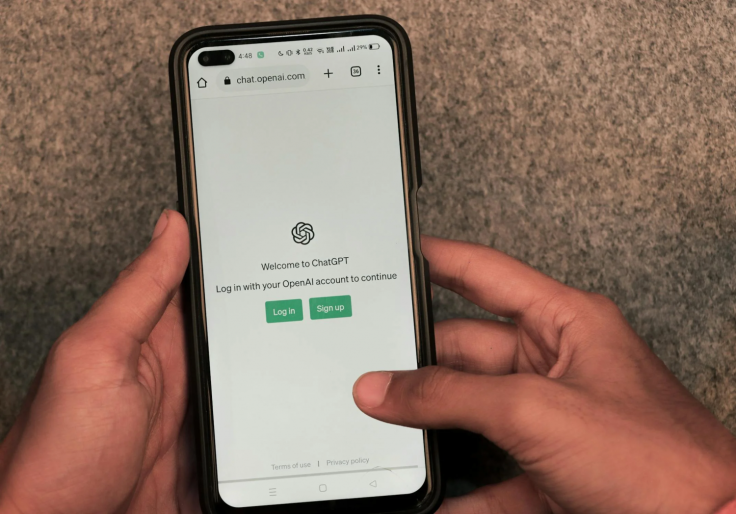Lehigh University Expels Student Who Admitted to Forging Documents and Using ChatGPT To Write Essay for Scholarship; Concerns Over AI in Admissions Grow
ByIn the fiercest of times for admissions in colleges, an emphasis on winning may at times become terribly overwhelming. The case of Aryan Anand is a shocking reminder of what happens when ambition is hijacked into fraudulently wrong pursuits. The 19-year-old's case at Lehigh University stands as a shocking case of academic dishonesty, showing precisely how far people may go to secure their futures.

The Web of Lies Unraveled
Aryan Anand's path to Lehigh University began with a long list of deceptions. He forged documents, from his father's death certificate to forged income tax documents, to forging an email address in order to impersonate a principal so he could get admission into the varsity and a full scholarship. His unabashed lies worked wonders at first. He was admitted to a private Pennsylvania university last August 2023.
However, Anand's fraudulent activities did not stay under the rug for too long. Not long after his admission, he went to Reddit and shared a post titled "I have built my career and life on lies," in which he shared his fabrications. One of the users noticed this confession and shared it with the staff at Lehigh University Police Department. This was then followed up with an investigation, which relegated his truth back to its original position and exposed the extent of his deception.
Legal Consequences and Expulsion
When Anand's actions reached the Lehigh University Police Department, they responded with extreme penalties against him. He was arrested in April on charges that could have brought over 30 years in prison. Eventually, he pleaded guilty to one count of forgery. The university has also reacted quickly: it expelled him and rescinded his admission. According to a university spokesperson, an investigation had revealed "significant fraudulent materials submitted for admission, leading to charges."
This totaled about $85,000, but ultimately, Lehigh University officials decided not to pursue restitution. This was on the condition that Anand returned to his native country of India. This leniency may have only been granted because Anand's future was already severely affected by his actions and the very public manner in which he fell.
The Role of Technology in Academic Dishonesty
The case of Anand speaks to the modern dimension of academic dishonesty: the role of artificial intelligence tools like ChatGPT in cases of plagiarism. According to reports, Anand confessed to using ChatGPT to craft an admissions essay. He now stands at the forefront of huge ethical questions over the role of AI in education and possibly being misused by students looking for shortcuts.
This suddenly creates a very tight corner for any educational institution, given the sudden emergence of AI-powered tools capable of creating human-like text. As much as these tools are useful in certain areas for proper learning, they open up the door to a lot of academic fraud. Anand's case, in which he used an AI tool known as ChatGPT to get himself through the deceitful application process, has borne out demand on the part of universities to develop strong mechanisms capable of detecting and preventing misuse.
Lesson to All Students
The case of Aryan Anand taught students across the world a lesson. His case depicted how, in attaining goals, be it educationally or professionally, integrity is part of the struggle. Sometimes, the pressure might be too overwhelming, but the result of such dishonesty is devastating.
The lesson learned from this case must be heeded by academic institutions as well. An atmosphere must be created at all levels where academic integrity is unmatched and coupled with methods that underline fraud prevention. The advanced technology used to assist the admission process must be returned with equally advanced methods to ensure the authenticity of the application material.
The story of Aryan Anand thus serves as a grim reminder of the pitfalls in the competitive landscape of higher education. His case has sent a strong message to one and all regarding the harrowing consequences of academic dishonesty and the ever-changing menace presently posed to education by technology. Students, teachers, and other institutes must note that honesty and integrity never die.
© 2025 University Herald, All rights reserved. Do not reproduce without permission.








